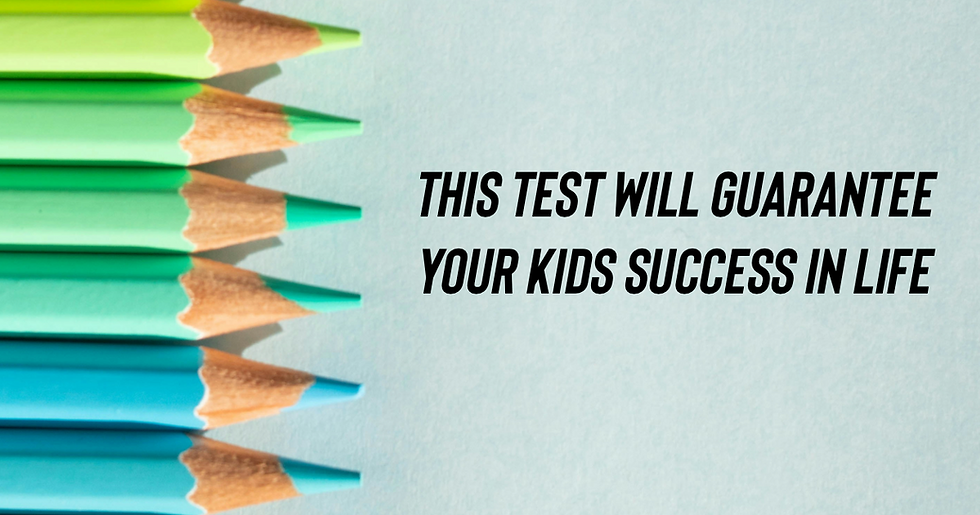Debunking the Top 3 Homeschooling Myths: A Former Teacher’s Perspective- how much does homeschooling in Virginia cost? Do you have to be rich to homeschool? Are homeschoolers socialized?
- Christal Marshall
- Dec 27, 2024
- 2 min read
Debunking the Top 3 Homeschooling Myths: A Former Teacher’s Perspective

Hello, fellow homeschool moms! After 13 years of homeschooling and my experience as a former teacher, I’m here to debunk three common myths about homeschooling that might be holding you back. Are you ready? Let’s dive in!
### Myth #1: You Have to Be Rich to Homeschool
One of the biggest misconceptions is that homeschooling is only for wealthy families. Let’s take a look at some statistics. According to recent data, the average income of homeschooling families varies widely:

- 20% of American homeschool families live on less than $25,000 a year.
- 17% live between $25,000 to $35,000.
- 19% operate on $35,000 to $49,000.
- 20% have an income between $50,000 to $75,000.
- 19% live off of $75,000 to almost $100,000.
As you can see, homeschooling is accessible to families across various income levels, not just those with deep pockets!
### Myth #2: Homeschooling Is Too Expensive

Another common myth is that homeschooling costs a fortune. In reality, the average cost of homeschooling in America ranges from $700 to $1,800 per student per year. Compare that to private school tuition, which averages around $12,000 per year per child. Even public schools are funded significantly through taxes, averaging $17,000 per student, resulting in an out-of-pocket cost of $650 to $1,500 for families sending their children to public schools.

So, why pay so much for the drama, stress, and peer pressure that often comes with conventional schooling? Homeschooling can provide a more affordable and personalized education!

### Myth #3: Homeschoolers Lack Socialization

The belief that homeschooled children are socially isolated is simply not true. In fact, studies show that homeschooled students are more likely to engage with peers in various social settings. They participate in organized sports, scouts, community volunteer work, church activities, and a wide range of arts and hobby groups.
Moreover, as adults, homeschooled children are often more engaged in civic life, participating in political activities and voting at higher rates than their conventionally schooled peers.

Furthermore, research indicates that homeschooling can lead to better mental health outcomes. The relaxed learning environment significantly reduces stress and anxiety, allowing children to thrive. They often report a heightened sense of purpose and lower risks of substance use.

### Conclusion
So there you have it! The three myths that homeschooling is only for the wealthy, that it’s too expensive, and that homeschoolers lack socialization don’t hold up under scrutiny.
If you’re interested in learning more about homeschooling, especially in Virginia, feel free to visit [thefunschoolers.com](http://thefunschoolers.com) for resources, tips, and updates on my journey.
I hope this helps you feel more empowered in your homeschooling journey. Have a great day!
See just some of the resources here;
https://www.tshanywhere.org/post/is-homeschooling-better-mental-health#:~:text=Homeschooling%20often%20provides%20a%20more,they%20feel%20comfortable%20and%20secure.










Comments